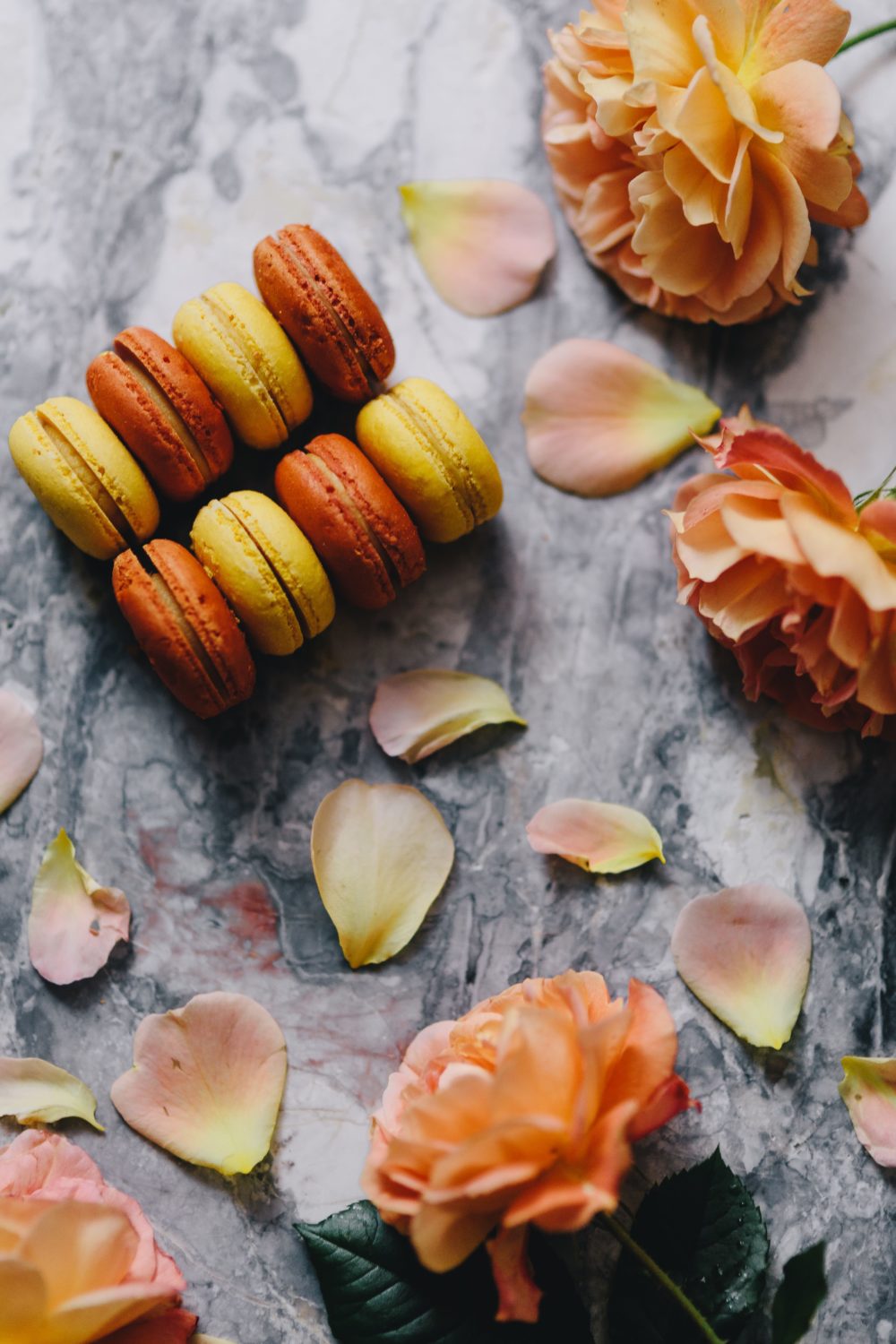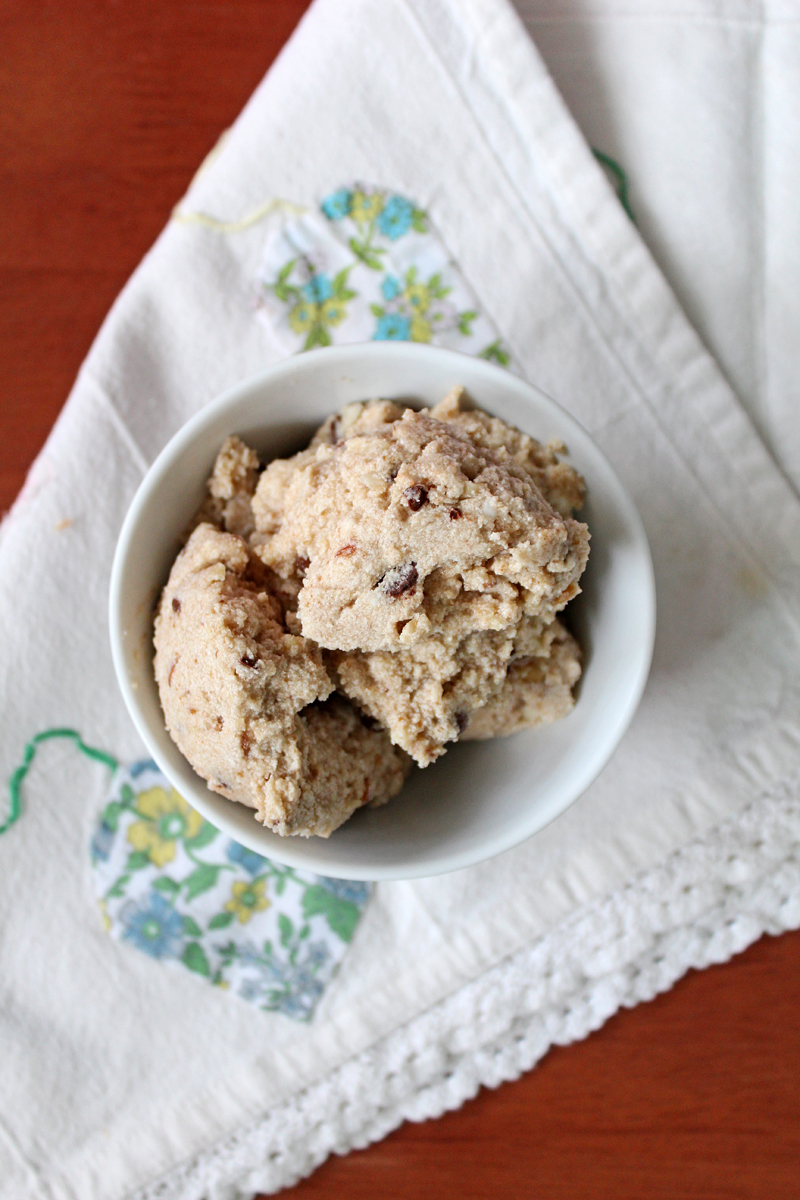I remember distinctly when I first discovered fake sugar. It must have been sometime in the 90s–some of my friends started being really into sodas and candies with the “zero sugar claim.” For a while, I was big sugar-free gum fan–seriously, I ate tons of it because I found it handy after meals when I couldn’t brush my teeth. I thought it was good for my mouth hygiene and then after a while, I became addicted. I had to have gum every time, after each meal.
And that’s unfortunately what happens with fake sugars. Aspartame and sucralose, for example, are widely used in foods and drinks to add sweetness without the “caloric burden” of regular sugar. While they taste pretty sweet, they come with some not so sweet side effects.

First of all, they contain zero nutritional value. In addition, even though approved by the FDA, aspartame is transformed into methanol in your body, and that is converted into formic acid, which is toxic. A number of independent studies have linked the consumption of aspartame to hypertension, weight gain and even certain types of cancer. Weight gain? That’s right, eating aspartame can actually mess with your brain, making you more likely to overeat other foods. Your body will try to find other ways to make up for the lack of calories, and you might continue to crave sugar because alternative sugars do not actually satisfy your brains’ cravings in the same way as real sugars do.
And then there’s sucralose. Sucralose has been found to cause insulin resistance–which can lead to diabetes. This is because it alters the microbes in our gut and changes the type of bacteria.
The there are alternative sweeteners like stevia and erythritol. They are a little less processed and seem to have fewer side effects. Stevia often has a green, herbal aftertaste, so it’s not ideal for most food applications. Some forms of stevia have also been shown to possibly create gene mutations if consumed in large quantities; however, additional research challenges this point. But even if the research is a bit ambiguous, would you want to eat something that may have the slightest potential to mutate your genes? Erythritol is a sugar alcohol that in small quantities seem to have no major effects but it can lead to nausea and an upset stomach in bigger quantities, so it’s probably best to consume in moderation and pay attention to how you feel after consuming it.

Vegan Pear Crumble Tarte with Coconut Whip (Sweetened with Unrefined Coconut Sugar)
At the end of the day, sweetness without calories just seems to good to be true. I completely stay away from most sugar substitutes and instead eat a piece of fruit or add use maple syrup or coconut sugar to sweeten my desserts and baked goods. Even though they come with calories, they also contain fiber and minerals which are nutrients to my body. I personally stopped chewing gum (I ended up constantly feeling bloated and having an upset digestive system) and don’t eat anything with fake sugar. I only eat the real unprocessed stuff–in moderation of course.

Raw Vegan No-Churn Coconut Ice Cream (Sweetened with Dates)
Once you’ve moved on from fake sugars, and you mindfully consume (rather than overeat) naturally occurring, unrefined sugars (like those I mentioned above), you may find that you crave sugar even less–and if you happen to have a bite of something with fake sugar, your taste buds may say, “no thank you!” Bottom line: If you feed your body real, whole foods, your body will increasingly crave real, whole foods. It’s a win-win!
Have you quit fake sugar yet?
Also by Isabelle: Breaking: Why Coconut Oil Is No Miracle Oil–Or Even A Superfood
Those $200 Juice Cleanses Won’t Help You Slim: A Food Coach Explains (Sorry)
Related: 6 Reasons You Should Be Eating Probiotics Every Day
Get more like this—Subscribe to our daily inspirational newsletter for exclusive content!
__
Photo: Kaboompics, Isabelle Steichen, Mary Hood Luttrell




